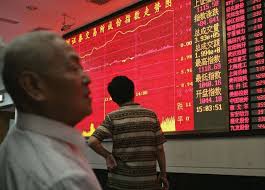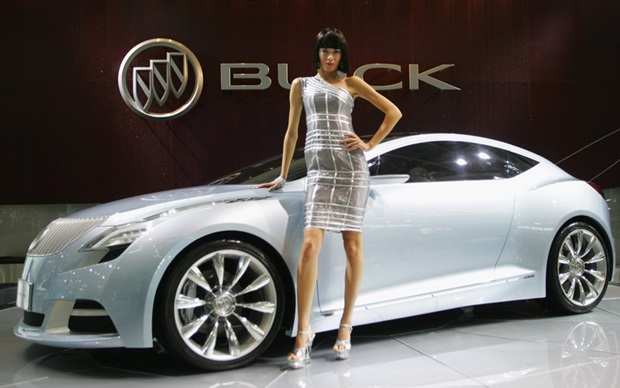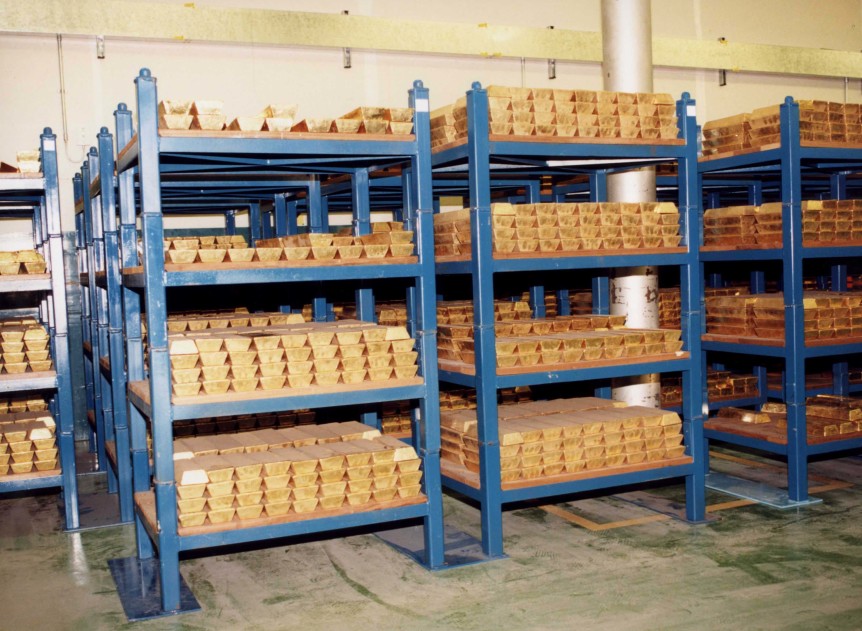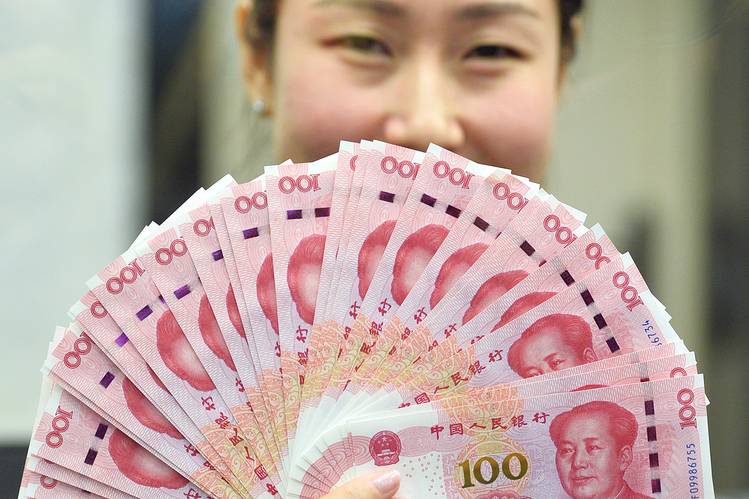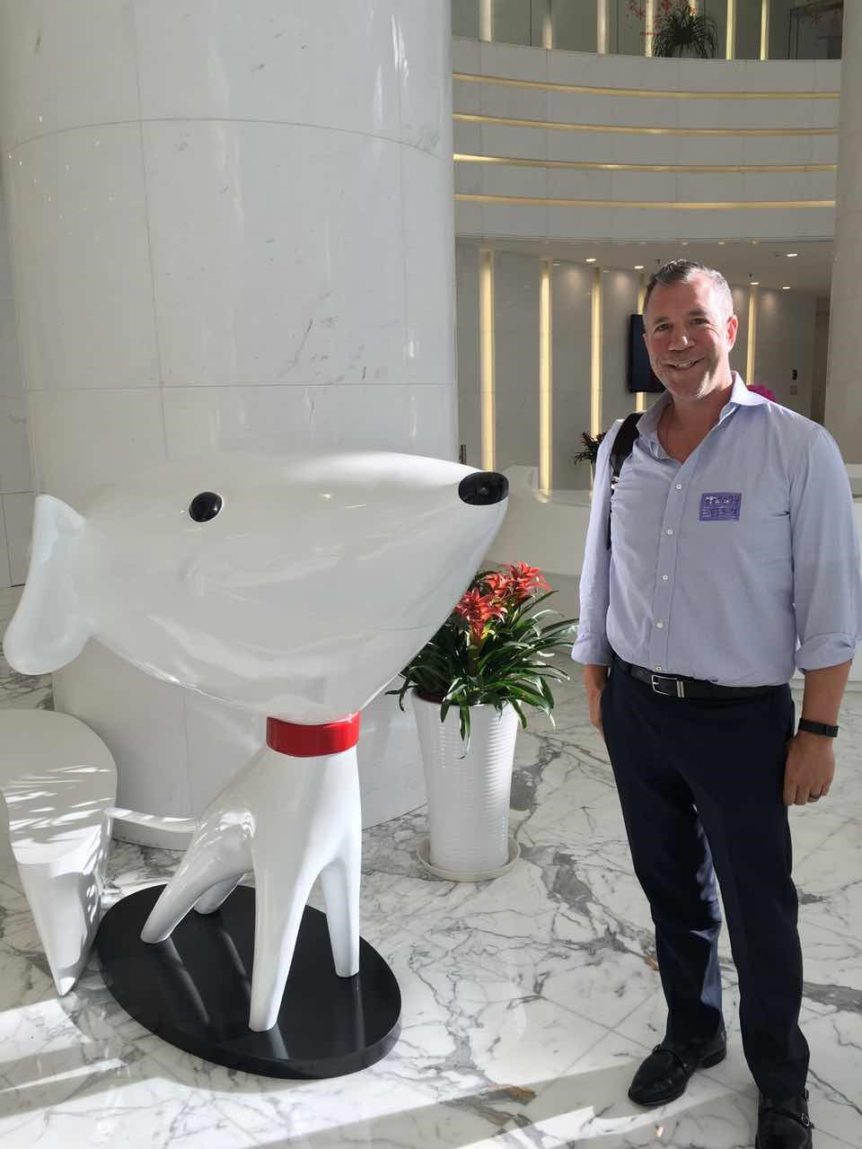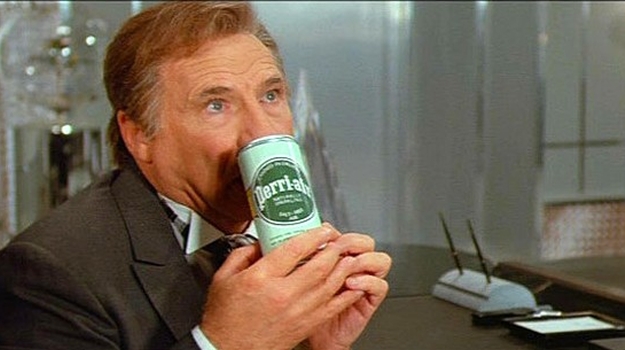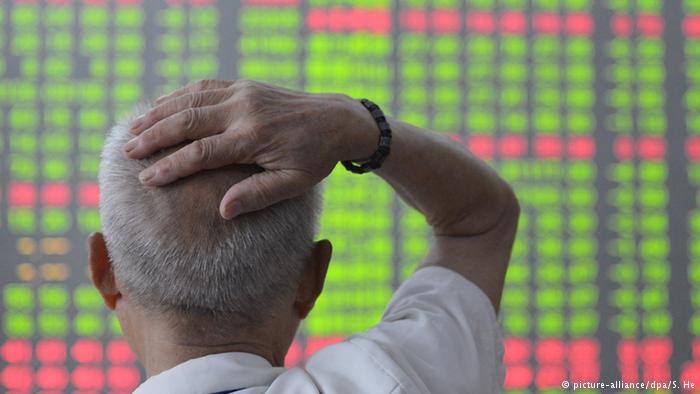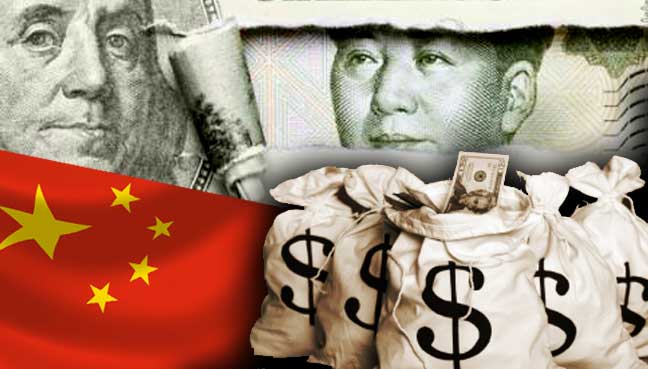Why Auto Execs Are Cheering China’s Newly Extended Tax Cut
“Any policy support is good for the industry under current circumstances.”
China extended a tax cut on small-engine vehicles by one year on Thursday, a move industry executives said would help keep demand for automobiles stable and prevent sharp short-term fluctuations in the world’s biggest auto market.
China’s Ministry of Finance said on its official website the tax rate on small-engine vehicles, currently at 5%, will rise, but only to 7.5%. That rate, taking effect on Jan. 1, 2017, is still below its normal 10%.
The ministry said it plans to levy the normal 10% tax on small-engine cars starting on Jan 1, 2018.
“Any policy support is good for the industry under current circumstances,” said the China head of a global premium brand, adding that a relatively weak market is being propped up by the tax cut as well as discounts and other purchase incentives by automakers.
Normally, consumers would rush to make last-minute vehicle purchases if they sensed a tax rebate would expire, boosting sales significantly, only to result in an equally significant fall in demand once the benefit is eliminated.
“At least this time we will unlikely undergo that type of wild year-end ride in sales,” the executive told Reuters. The executive declined to be named because he is not authorized to speak to reporters.
Yale Zhang, managing director of Shanghai-based consulting firm Automotive Foresight, said demand for passenger cars as a result of Thursday’s announcement will likely be weaker but still manage to grow 3% to 5% next year, compared to the 16% growth he predicts for China’s passenger car market for this year.
“This is good news to the market,” Zhang said. “At least car demand will remain steady to relatively robust,” he said, adding the market would have shown no growth next year if the tax cut on small-engine cars was discontinued.
China’s auto market struggled with weak sales in 2015 amid an economic slowdown, but has rebounded strongly since the purchase tax rate for vehicles with 1.6-liter engines or below was halved to 5% in October 2015.
A particularly significant beneficiary of the rebound has been German Volkswagen VLKAY 0.18% whose product lineup is tilted heavily towards small sedans with engines smaller than 1.6 liter, Zhang said.
Experts and auto industry associations had predicted a steep drop in growth if the tax cut was allowed to expire as planned at the end of this year. Industry officials, though, had said China was considering extending the cut.
Earlier this week an official at the China Association of Automobile Manufacturers told reporters that China’s overall automobile sales could increase 13% this year from 2015.
More…
About the Author

Mark Schlarbaum, Irvine, California

